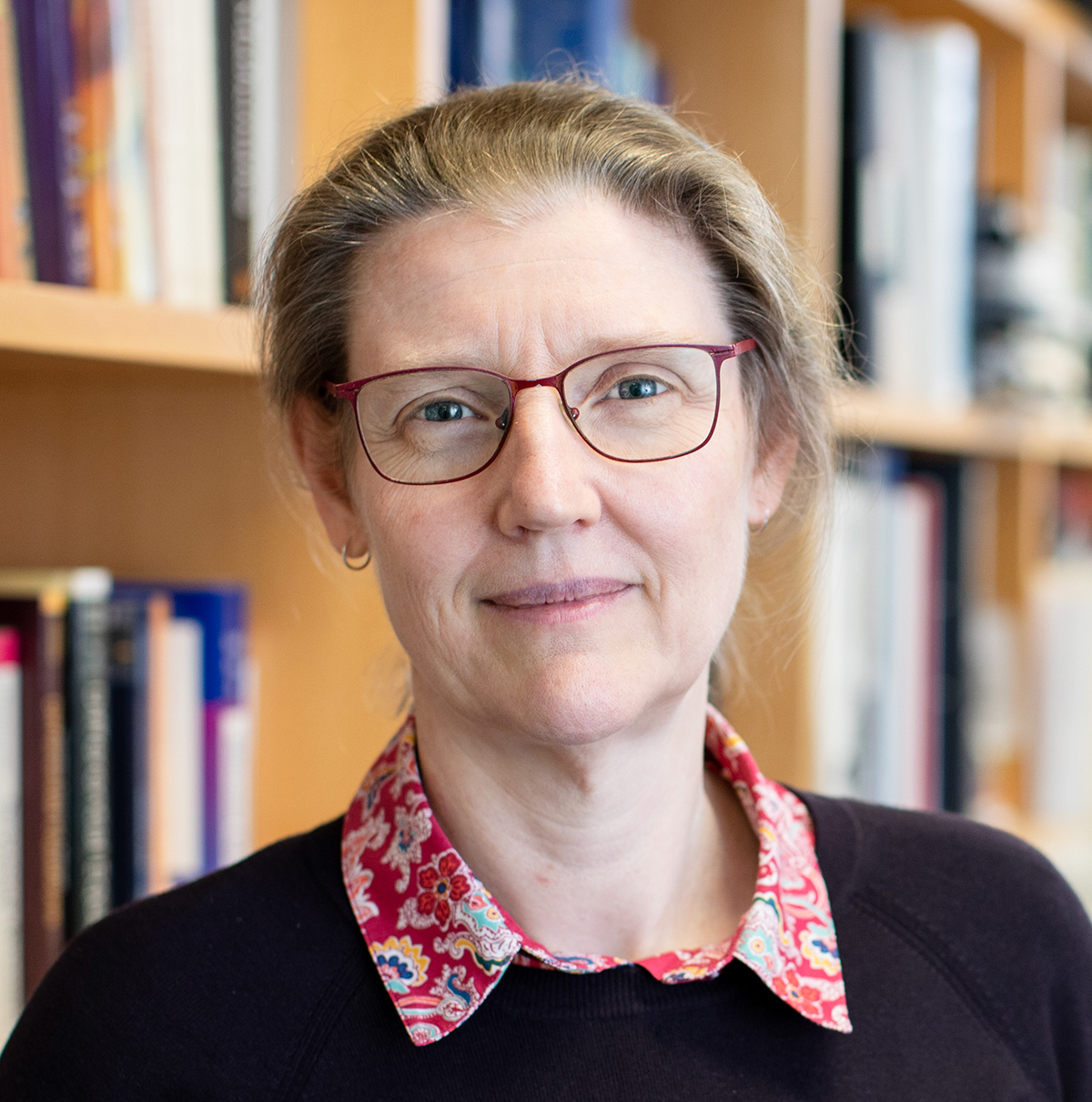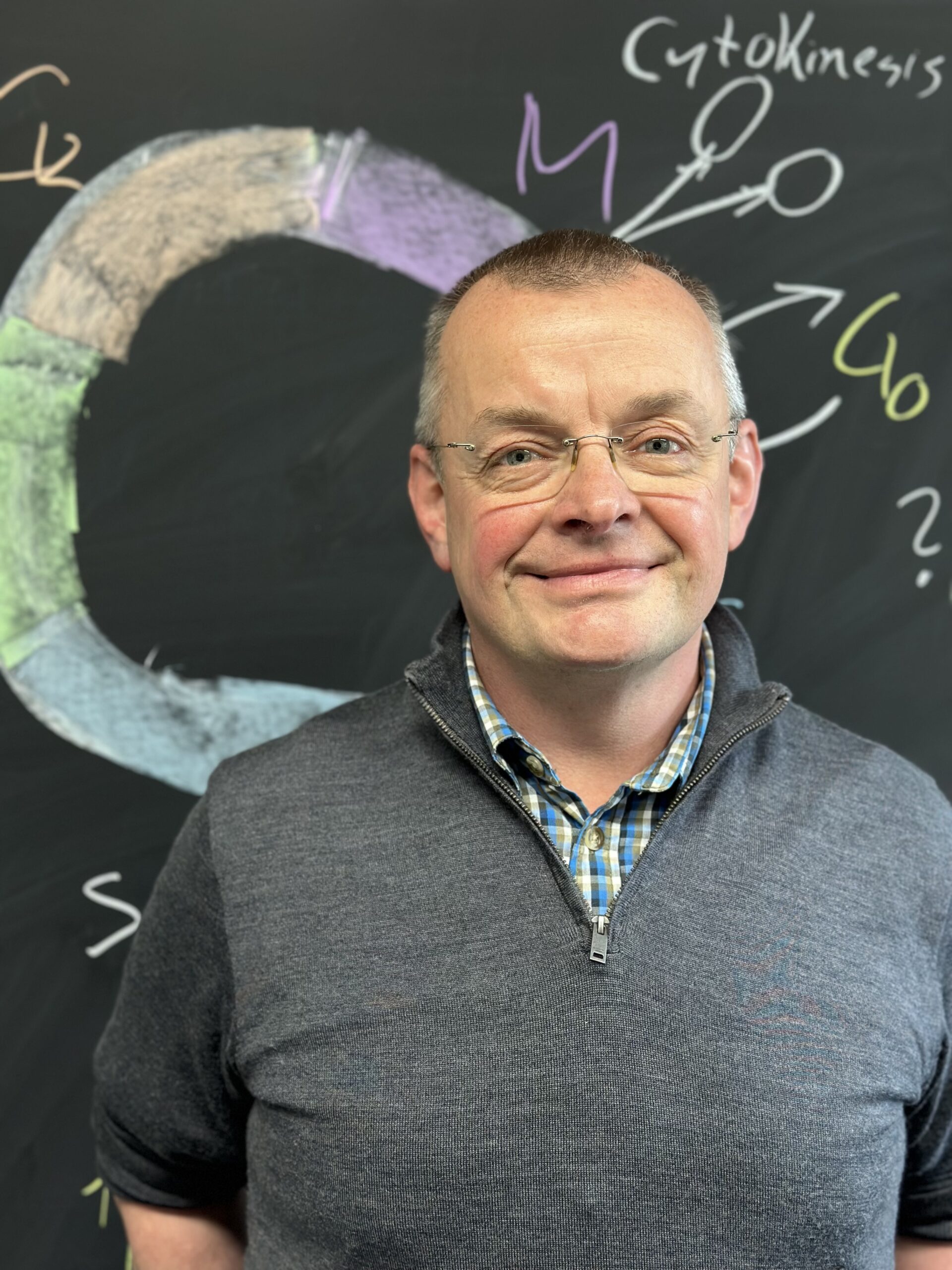Adelle Coster

Research Committee
Deputy Director (Research)
Professor Adelle Coster is a Professor in Applied Mathematics with long-standing research collaborations both nationally and internationally with leading medical research institutes and universities.
Professor Coster has previously served on the Academic Board of UNSW Sydney for a decade (2004-14) and subsequently as Deputy Head of the School of Mathematics and Statistics (2019-20). Since 2020 Professor Coster has served as Head of the School of Mathematics and Statistics at UNSW Sydney. She is also a Past-President of the Australian Society for Biophysics and an editor of Mathematical Biosciences (Elsevier).
Professor Coster uses dynamical systems, stochastic modelling, and queueing theory to develop mathematical models and solutions to real world problems – largely in the areas of medicine and biology. She uses hypothesis and data-driven approaches to build quantitative mathematical models of the processes driving change in the systems under investigation. The models are then systematically analysed, perturbed, optimised and refined to best represent the known characteristics of the system. She draws on her biophysical knowledge of the specific biology and experimental techniques to ensure that the mathematical models are indeed biologically realistic, rather than simply biologically inspired.
Michael Stumpf

Research Committee
Director
Professor Michael Stumpf is a well-known physicist and applied mathematician. He is an internationally recognised leader in theoretical and systems biology, with expertise across mathematical, statistical, and biological research.
Professor Stumpf’s research focuses on developing mathematical and computational models to understand complex biological systems, with a particular emphasis on the immune system and infectious diseases. He has also worked on a range of other interdisciplinary topics, such as network science, statistical physics, and computational neuroscience.
Professor Stumpf has published over 100 research papers in peer-reviewed journals and has been awarded several prestigious honours for his work, including the Philip Leverhulme Prize in 2007 and the Royal Society Wolfson Research Merit Award in 2012. He is also a Fellow of the Royal Society of Biology and a Fellow of the Institute of Physics.

